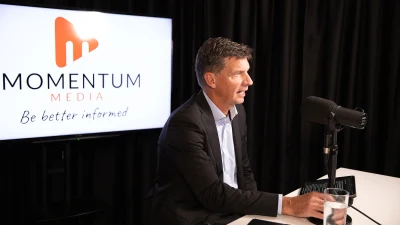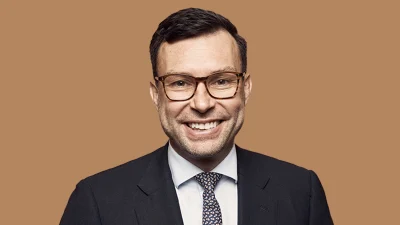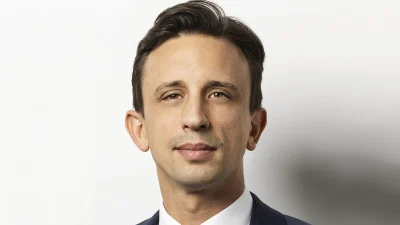Peter Gunning: Model portfolios need continual development
Russell Investment Group’s Asia Pacific chief investment officer Peter Gunning subscribes to the view that for model portfolios to be successful they need constant maintenance in regard to rebalancing, reviewing the manager selection, and identifying new strategies and new asset classes that can enhance the portfolio’s return.
Gunning feels the key to rebalancing the portfolio is discipline.
“The rebalancing side of things in terms of reducing implementation slippages is all about setting ranges and being disciplined, and there’s obviously a trade-off between doing something quickly and doing something more slowly.
“The transaction costs increase if you do things on a regular basis, but if you don’t do it for a long period of time then you have the potential to leave some money on the table as well,” he says.
In regard to changing the manager line up in a model portfolio, Gunning believes it is all about timing.
“It’s not just about doing things quickly and rebalancing, it’s also about understanding when to actually fire a manager and hire a manager and being able to differentiate between skill and managers’ investment processes actually being rewarded by the market. That really gets back to not chasing outperformance, and in particular past performance,” he explains.
While the decision on whether to retain or add a manager is often based on past performance, Gunning suggests there are better criteria to use that provide a far more meaningful insight into the investment manager.
“Past performance is actually a reverse indicator, so it’s not a good indicator full stop. Going deeper into the changes that are happening within the managers’ portfolios — in particular, understanding if there is investment staff turnover, why that’s actually occurred — and organisational changes are better gauges,” he says.
New strategies in the market are not always easy to find, but Gunning thinks there is currently an opportunity in international equities.
“Where a company is domiciled is now becoming less important than what sector it’s involved in, in terms of the marginal pricing of the securities. A strategy to respond to that sort of change in market conditions is to maybe look at managers that construct portfolios based on global industry comparisons as opposed to regional comparisons,” he explains.
Recommended for you
In this episode of Relative Return, host Laura Dew speaks with Daniel Bower, chief product officer at FinClear, and Bill Keogh, chief executive of Transact1 (a FinClear subsidiary) to discuss cash as an asset class.
In this episode of Relative Return, host Maja Garaca Djurdjevic is joined by shadow treasurer Angus Taylor to discuss the current state of the financial advice sector, the economy, the housing affordability crisis and more.
In this episode of Relative Return, host Laura Dew speaks with Andrew Mitchell, director and senior portfolio manager at Ophir Asset Management, about why he loves working in fund management and the lessons he’s learnt in a decade of running a firm.
In this episode of Relative Return, host Laura Dew speaks with Blackwattle Investment Partners managing director and chief investment officer, Michael Skinner, about setting up an asset manager and what he looks for in an investment team.












